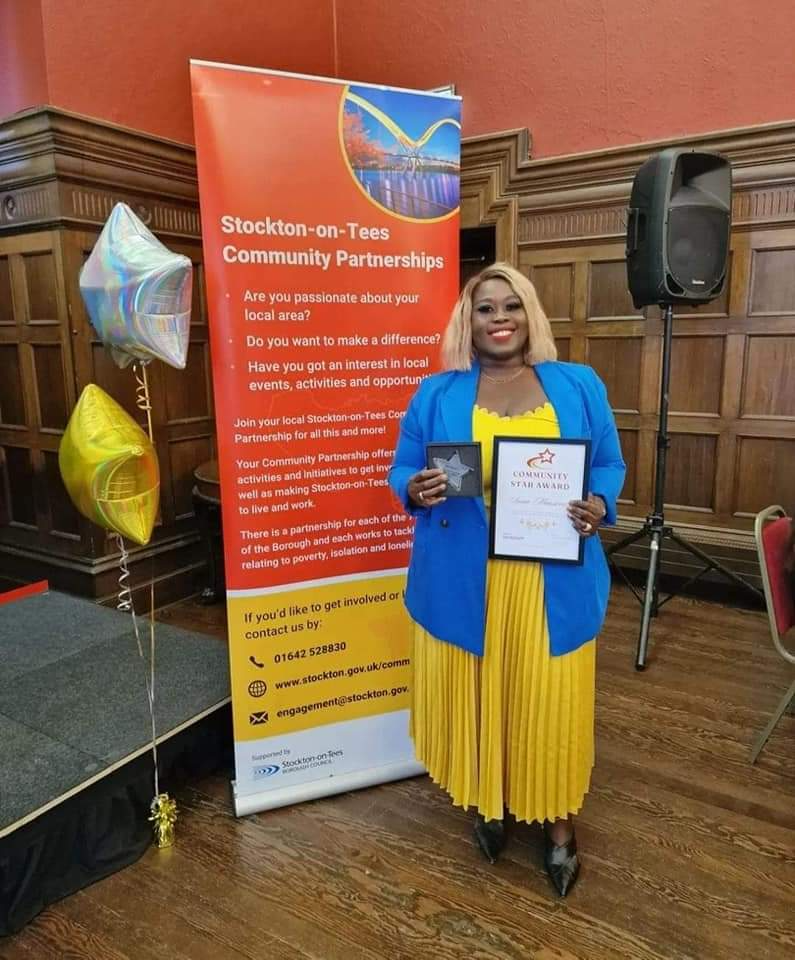- Work Hard
- 18th Feb 2023
- 744 Views
- 0
- 1 minutes
We meet the journalist forced into asylum for speaking out against female genital mutilation

Now, Susan Mansaray helps other refugees by running wellbeing charity Purple Rose in Stockton.

Now, Susan Mansaray helps other refugees by running wellbeing charity Purple Rose in Stockton.
Subscribe now to receive our twice-weekly emails and exclusive offers for High Life North readers.
Comments